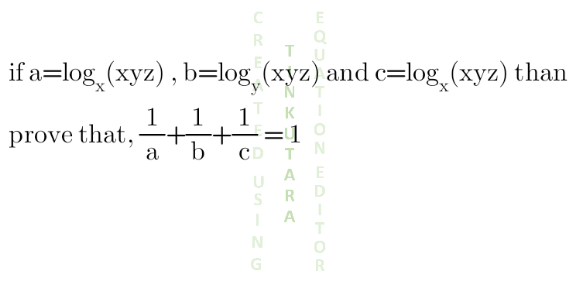
AlgebraQuestion and Answers: Page 223
Question Number 136283 Answers: 1 Comments: 0

Question Number 136161 Answers: 1 Comments: 0
Question Number 136123 Answers: 3 Comments: 0
Question Number 139505 Answers: 1 Comments: 1
Question Number 136063 Answers: 2 Comments: 0
Question Number 136054 Answers: 0 Comments: 2

Question Number 136039 Answers: 4 Comments: 2
Question Number 136003 Answers: 0 Comments: 0
Question Number 136002 Answers: 1 Comments: 0
Question Number 136000 Answers: 1 Comments: 0
Question Number 135928 Answers: 1 Comments: 0
Question Number 135910 Answers: 1 Comments: 0
Question Number 135786 Answers: 1 Comments: 1

Question Number 135756 Answers: 0 Comments: 1

Question Number 135682 Answers: 2 Comments: 0
Question Number 135536 Answers: 1 Comments: 0
Question Number 135532 Answers: 2 Comments: 1

Question Number 135493 Answers: 1 Comments: 0
Question Number 135486 Answers: 4 Comments: 3
Question Number 135472 Answers: 1 Comments: 0
Question Number 135424 Answers: 1 Comments: 0
Question Number 135420 Answers: 1 Comments: 0
Question Number 135418 Answers: 2 Comments: 0
Question Number 135415 Answers: 3 Comments: 1

Question Number 135413 Answers: 0 Comments: 1

Question Number 135364 Answers: 0 Comments: 0

Pg 218 Pg 219 Pg 220 Pg 221 Pg 222 Pg 223 Pg 224 Pg 225 Pg 226 Pg 227
